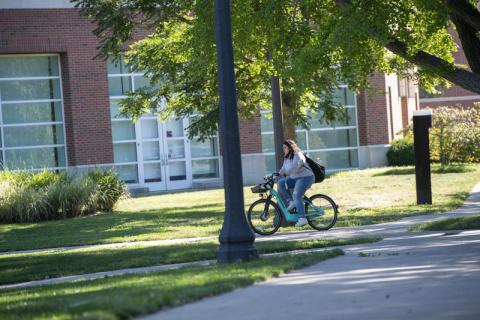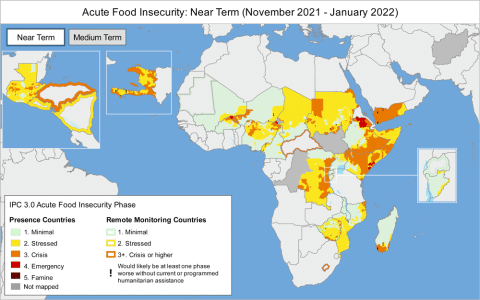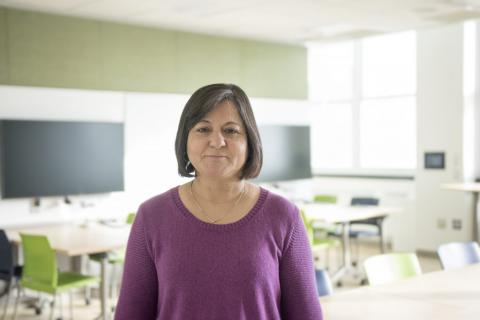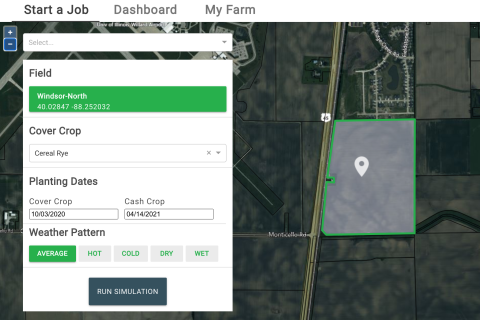Two years after COVID-19 emerged, researchers have provided three cost-effective actions to help decision-makers prevent future pandemics by stopping “spillover” of diseases from animals into humans: better surveillance of pathogens, better management of wildlife trade and hunting, and reduced deforestation.
The annual costs of these “primary pandemic prevention” actions (~$20 billion) are less than 5% of the lowest estimated value of lives lost from emerging infectious diseases every year, less than 10% of the economic costs, and provide substantial co-benefits.
The research by 20 experts, published in Science Advances, was led by Dr. Aaron Bernstein, director of the Center for Climate, Health, and the Global Environment at Harvard T.H. Chan School of Public Health.
“If COVID-19 taught us anything, it is that testing, treatments, and vaccines can prevent deaths but they do not stop the spread of viruses across the globe and may never prevent the emergence of new pathogens. As we look to the future, we absolutely cannot rely on post-spillover strategies alone to protect us,” said Dr. Bernstein of Harvard Chan C-CHANGE.




